Posted on 10/4/2023
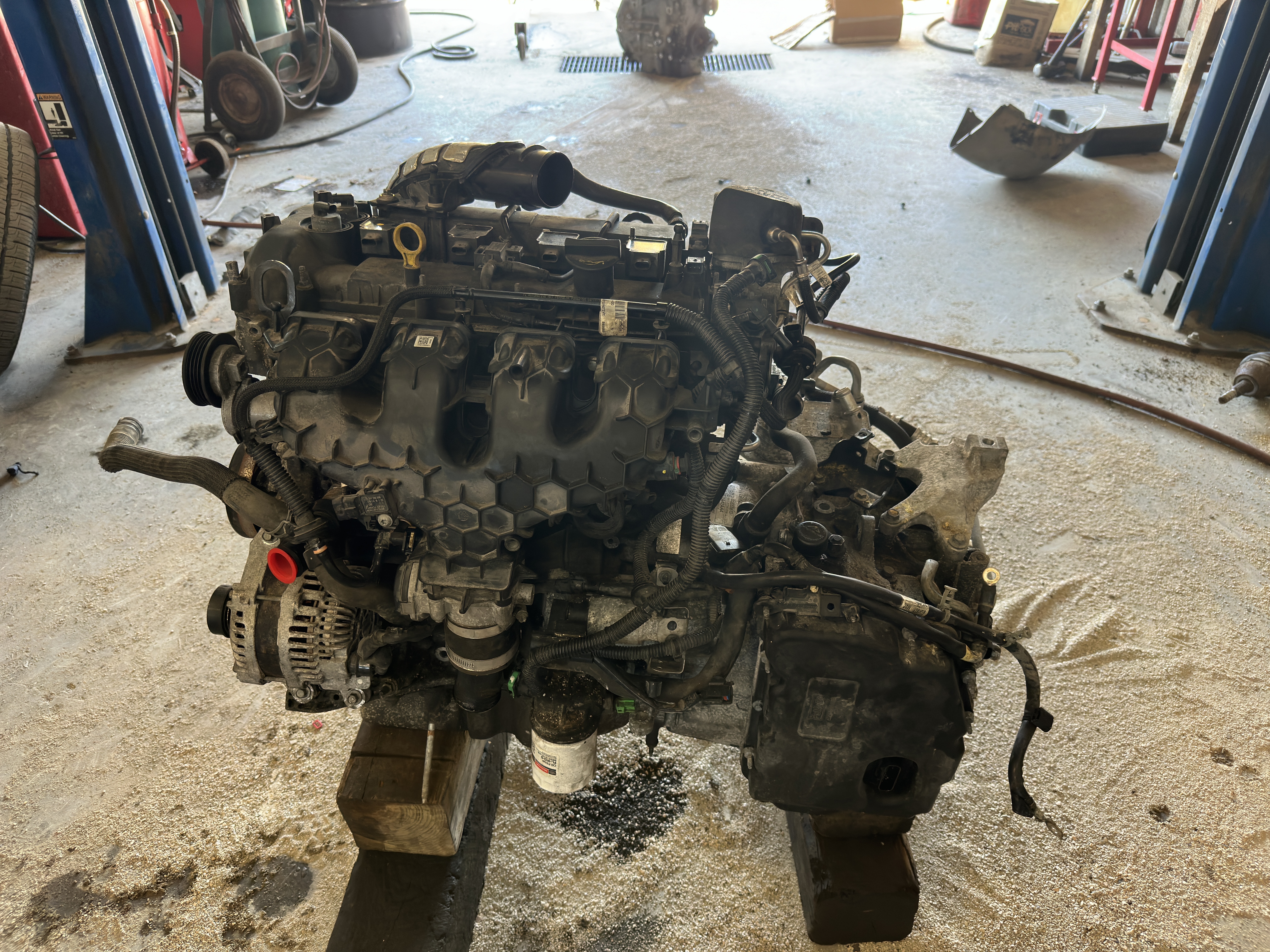
Engine Knocking or Pinging, Excessive Smoke, and the usual Loss of Power and Performance are some things that you should watch out for when considering if your engine needs replacing. Ultimately, it's essential to make an informed decision and weigh the costs and benefits of engine replacement versus purchasing a new vehicle. Whether you should or shouldn’t replace your engine depends on the severity of the issues, the age and value of your vehicle, and your budget. If you're uncertain about the condition of your engine or the extent of the damage, bring your vehicle in to our shop, and one of our qualified and certified mechanics will provide you with an extensive inspections. It takes a considerable amount of time to replace a car engine, it can vary significantly depending on several factors, including the make and model of the vehicle, the level of expertise of the mechanic, and/or whether any complications or additional repairs are needed to finish the repair ... read more
Posted on 9/27/2023
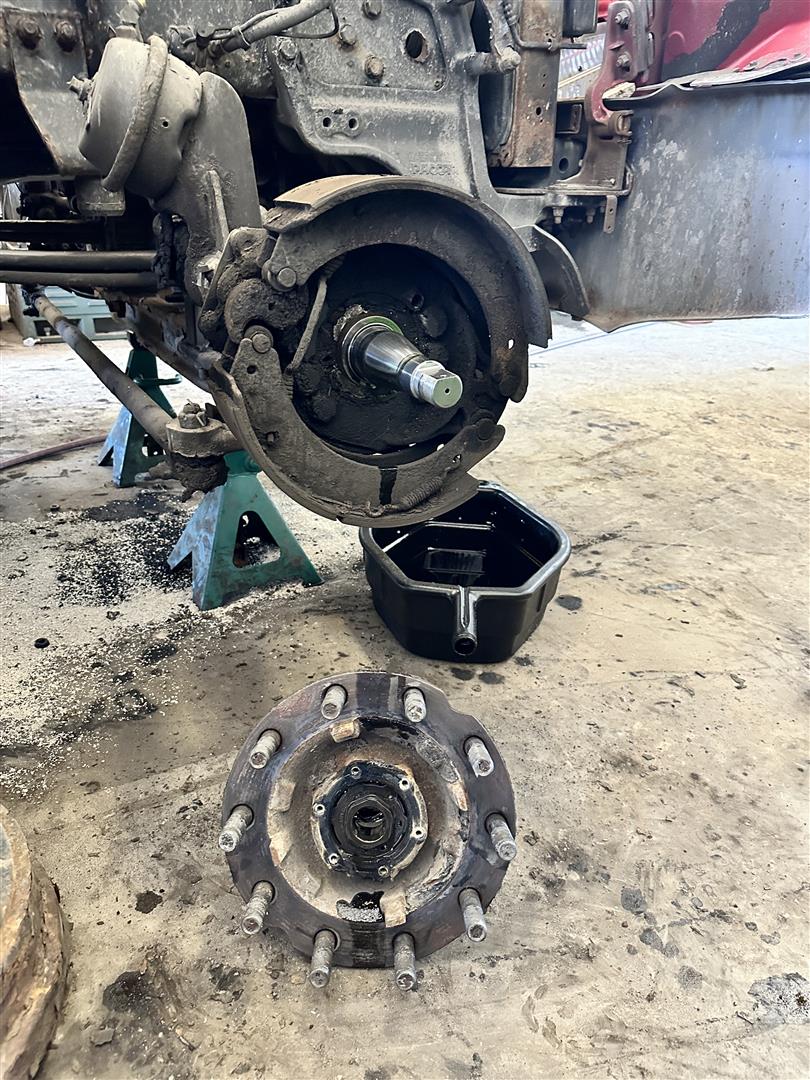
The kingpin is a crucial component in steering systems, as it’s a pivot point connecting the axle to the steering knuckle or spindle, which lets the wheels move when you turn the steering wheel. Apart from that, the kingpin also supports the vehicle's structure and keeps the front suspension stable. Keeping the kingpin properly aligned is essential for safe and smooth handling on the road, because the structural support and stability helps distribute the weight of the vehicle and handles the forces and vibrations while driving. Kingpin failure typically occurs from wear and tear over time. Inadequate lubrication, corrosion and rust, and improper alignment can also weaken the kingpin and its associated parts, especially in regions with harsh weather conditions or exposure to road salt. This can place undue strain on the kingpin, leading to premature failure. Regular maintenance, lubrication, and proper alignment are essential for preventing kingpin failure and ... read more
Posted on 9/20/2023
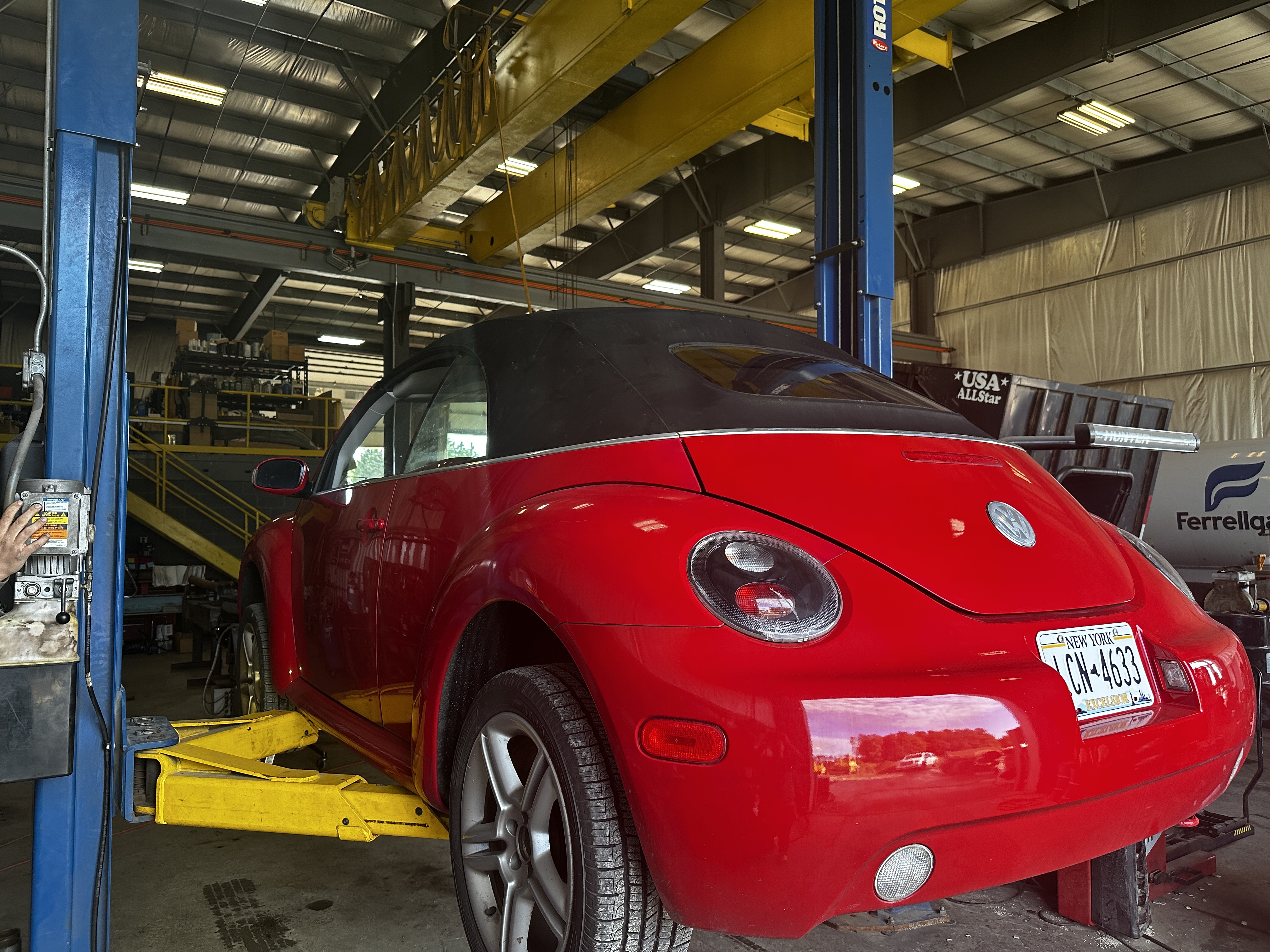
The first signs of bearing failure are unusual noises coming from the bearing such as grinding, squeaking, or rumbling sounds. These noises often indicate that the bearing is experiencing increased friction and wear. Another, but more dangerous sign when the bearings are worn or damaged as it may cause increased vibration due to the imbalance or misalignment they create. This is dangerous and it is vital to catch bearing problems early to prevent more extensive damage to your vehicle. Driving a car with a bad wheel bearing is not recommended and can be dangerous. A wheel bearing plays a critical role in the safe operation of a vehicle. It allows the wheel to rotate smoothly while bearing the weight of the vehicle. When a wheel bearing is damaged or fails, it can lead to several problems and safety hazards. These hazards include reduced control, uneven tire wear, and in the worst possible case wheel separation. Given these safety risks, it's crucial not to drive a ve ... read more
Posted on 9/19/2023
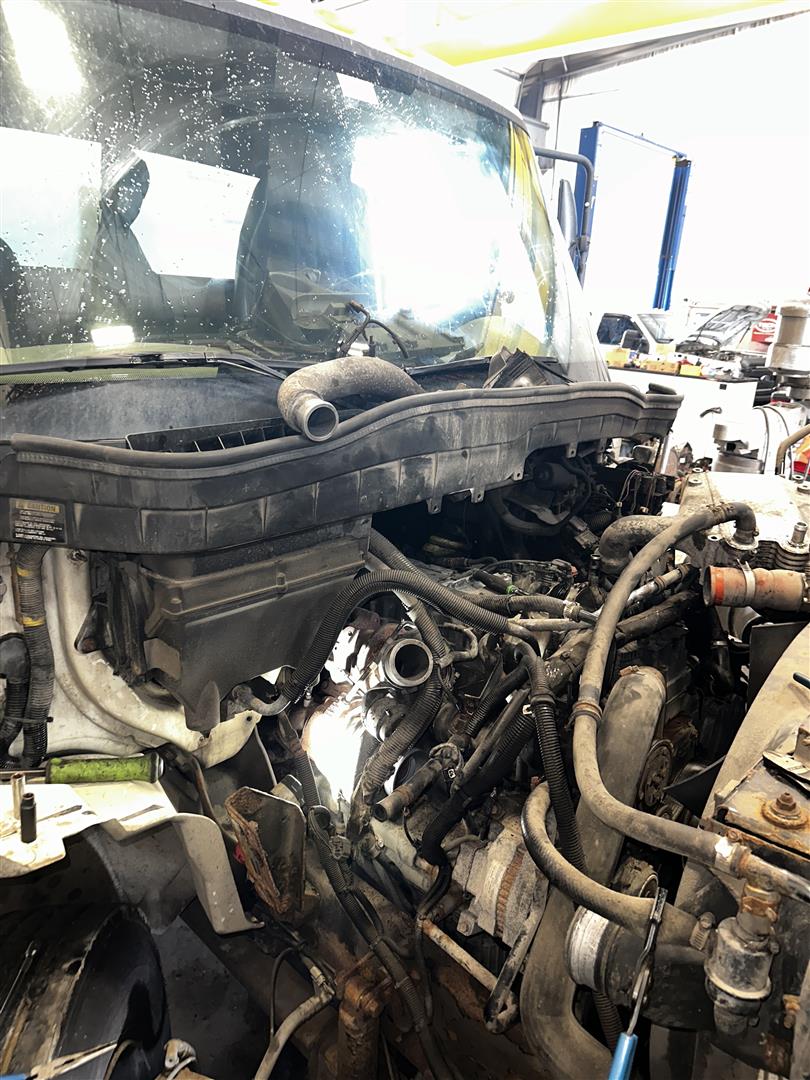
Modern vehicles are equipped with a variety of sensors that monitor different aspects of the engine and other systems. These sensors provide important data to the engine control unit or powertrain control module, which in turn adjusts various parameters to optimize engine performance. Sensors like the O2 Sensor or the Mass Airflow Sensor are essential to monitor the amount of intake and exhaust gases in your engine; essentially a sensor can be the cause to losing power in your truck. A loss of power in your truck can be caused by various factors, not just sensors. There can be issues with your fuel system, including the intake and exhaust system. But you can also cause these issues yourself, if you neglect the regular maintenance on the vehicle, including making sure you are not idiling the vehicle excessively. To correctly determine the specific cause of power loss in your truck, it's essential to bring your vehicle in to us today, having one of ou ... read more
Posted on 9/5/2023
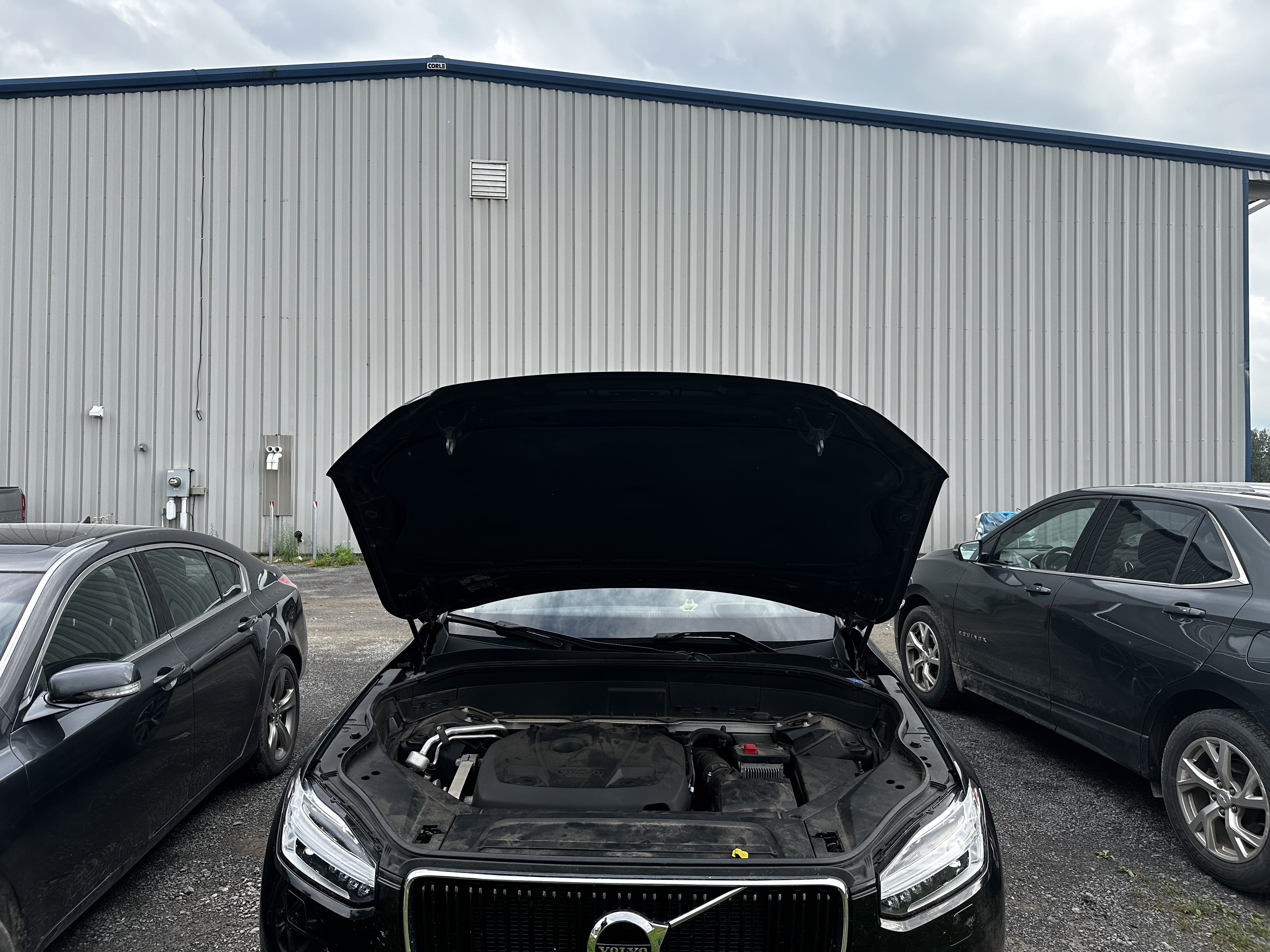
There are different types of spark plugs; conventional and platinum. The Conventional Spark Plug typically needs to be replaced every 20,000 to 30,000 miles as they are the most basic and least expensive type. You also have Platinum spark plugs that have a longer lifespan and typically lasts between 60,000 and 100,000 miles before needing replacement. There are some symptoms to look for regardless of what type of plug you have to determine if they may need replacement early. If you’re experiencing a rough idling engine, poor acceleration, and/or misfires, it’s most likely indicative of a bad spark plug and it most likely will need replaced. It is not recommended to drive with bad spark plugs because it can cause more issues within the engine and its drivability, let alone the poor performance you will experience. Bad spark plugs can lead to incomplete combustion in the engine cylinders, causing the engine to work less efficiently. A more serious issue when prolonge ... read more